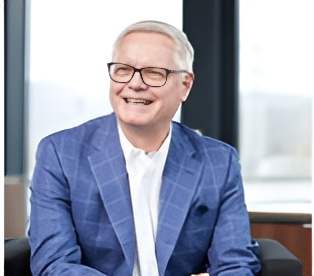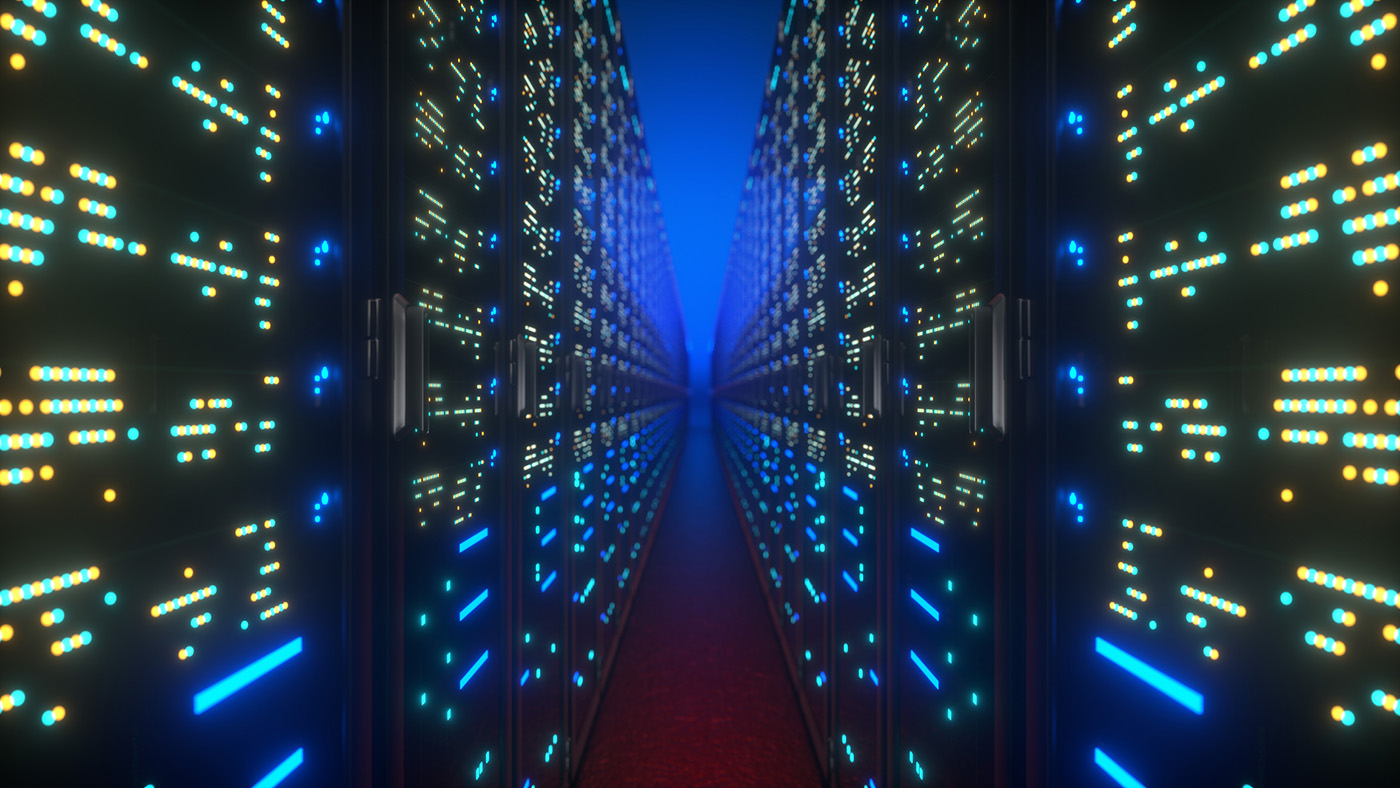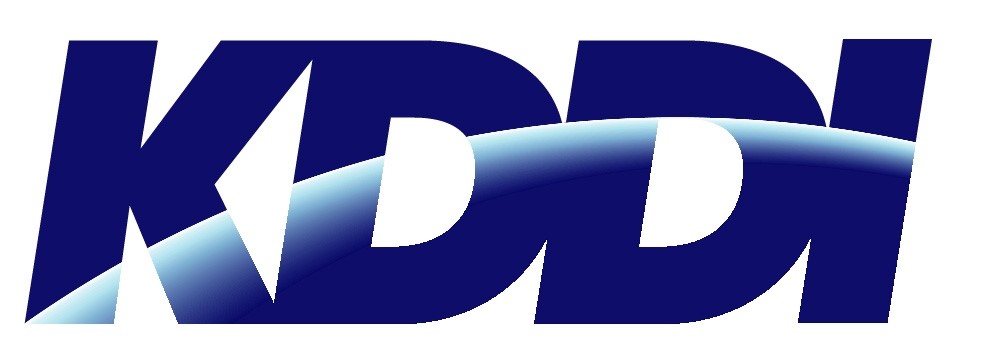Data Centers: Driving Sustainable Urban Development and Digital Innovation in Germany
Data centers are key to Germany’s digital and sustainable future. Dr. Béla Waldhauser from eco Alliance underscores how these infrastructures drive innovation, reduce CO₂ emissions, and boost urban development and economic growth.

©thanaphiphat | istockphoto.com
Digital technologies are pivotal in driving the sustainable transformation of cities and municipalities. A recent study by eco Association, entitled “Digital Transformation for More Sustainability,” reveals that urban digital solutions could reduce up to 43 megatons of CO₂ emissions by 2050. To achieve this potential, Germany must strategically develop and integrate high-performance data centers – the backbone of its digital transformation – into urban planning and development.
The Alliance for the Strengthening of Digital Infrastructures in Germany: A vision for the future
Founded in 2018 under the umbrella of the eco Association, our “Alliance for the Strengthening of Digital Infrastructures in Germany” advocates for recognizing data centers as critical components of Germany’s digital and sustainable future. Since its formation, the Alliance has been at the forefront of promoting the significance of data centers to Germany’s economy and climate goals. As data centers become a vital part of the digital ecosystem, they serve as enablers of various technological applications and contribute significantly to sustainability, economic development, and digital sovereignty.
Data centers as key drivers of sustainability and urban development
Data centers, particularly in urban settings, are becoming integral to Germany’s sustainability efforts. One core example is the Franky residential quarter in Frankfurt, where waste heat from an adjacent Telehouse data center will provide heating for 80% of the buildings in the new development. This innovative use of waste heat demonstrates how data centers can directly contribute to reducing carbon footprints and improving energy efficiency in urban settings.
Despite such benefits, some cities – Frankfurt being a notable example – have seen resistance to data center development. This opposition is particularly counterproductive given Germany's legally mandated requirements for data centers to utilize waste heat. However, the positive effects of data centers extend far beyond energy savings. Data centers foster job creation and serve as critical drivers of technological innovation.
For example, a recent study by the eco Association and the IW Cologne, titled “The Backbone of the AI Revolution in Germany,” revealed that data centers contribute approximately €250 billion in additional value to the German economy, supporting 5.9 million jobs in cloud-dependent businesses. Furthermore, businesses using data centers are significantly more innovative, with 34% deploying AI technologies, compared to just 10% of non-users. Notably, when rural companies access these services, they achieve similar AI adoption rates as urban businesses, effectively bridging the digital divide.
Moreover, as outlined in eco’s Internet Policy Agenda 2025-2029, energy-efficient digital technologies are essential to advancing energy efficiency and climate protection. With a well-established commitment to sustainability, we at the Alliance advocate for the integration of energy-efficient digital infrastructures, including data centers, as part of Germany’s broader climate goals. By strategically managing waste heat and increasing energy efficiency, data centers can align their operations with Germany’s renewable energy expansion, creating positive impacts on both the local economy and the environment.
The role of AI and innovation in data centers
As demand for computing power rises, especially with the exponential growth of AI, data centers are increasingly central to digital ecosystems. For instance, NorthC, a new member of the Alliance, exemplifies how regional data center providers are adapting to these challenges. Their infrastructure supports the growing demand for AI by offering scalable, flexible, and energy-efficient solutions. NorthC’s efforts, such as replacing diesel generators with hydrogen fuel cells and utilizing renewable energy, underline the importance of integrating sustainability into the core operations of data centers.
Sustainability: The core of data center operations

Donald Badoux
NorthC Managing Director
As NorthC’s Managing Director Donald Badoux emphasizes, sustainability is not just a trend but a core principle of the data center industry. NorthC has set a goal to become climate-neutral by 2030. Their efforts, such as using 100% renewable energy and employing energy-efficient technologies, highlight how data centers are making strides towards operating as efficiently and climate-friendly as possible. Additionally, NorthC’s example of providing waste heat to 10,000 households in Rotterdam showcases the positive impact that data centers can have on local communities.
Challenges in Germany: Balancing growth with sustainability
Despite their importance, data centers in Germany face several challenges. These include increasing energy demands, regulatory hurdles, and long approval processes for new data center projects. The limited availability of space for new developments further complicates the expansion of digital infrastructures. However, through collaboration within the Alliance, a range of companies like Telehouse, NTT Global Data Centers, Digital Realty, and NorthC are working to improve the political and economic conditions that foster the growth of sustainable data centers.
Conclusion: Building a sustainable digital future
The ongoing transformation of urban areas into digital hubs requires a strategic and sustainable approach to infrastructure. Data centers, as critical enablers of this digital ecosystem, must be recognized not only for their technological importance but also for their contributions to sustainability and urban development. Through initiatives like the Alliance for the Strengthening of Digital Infrastructures in Germany, the integration of data centers into the digital landscape will continue to drive innovation, economic growth, and a greener future for cities across Germany and beyond.
With continued commitment to sustainability and energy-efficient technologies, data centers will play a leading role in shaping Germany’s digital and environmental future.
Dr. Béla Waldhauser is Spokesperson for the Alliance for the Strengthening of Digital Infrastructures in Germany, set up in early 2018 under the umbrella of eco to support Germany’s development as a digital location. As a theoretical physicist, Dr. Béla Waldhauser is Chief Executive Officer of Telehouse Deutschland GmbH and KDDI Deutschland GmbH. Previously, he was responsible for the German operations of Global Switch, and prior to that TeleCity. Before this, he was Managing Director for Germany and Austria for Teleglobe. For several years, he has been Leader of the eco “Data Center Infrastructure” Competence Group and, since 2011, Member of the Jury for the “German Data Center Prize” in conjunction with the annual “Future Thinking” congress. In 2014, he was invited by the German Federal Ministry of Education and Research, as an expert and as a member of the eco Association, to actively participate in establishing the new strategy platform for “ITC in Horizon 2020.” Moreover, since April 2022, he has been a Board Member of the Climate Neutral Data Center Pact (CNDCP).






